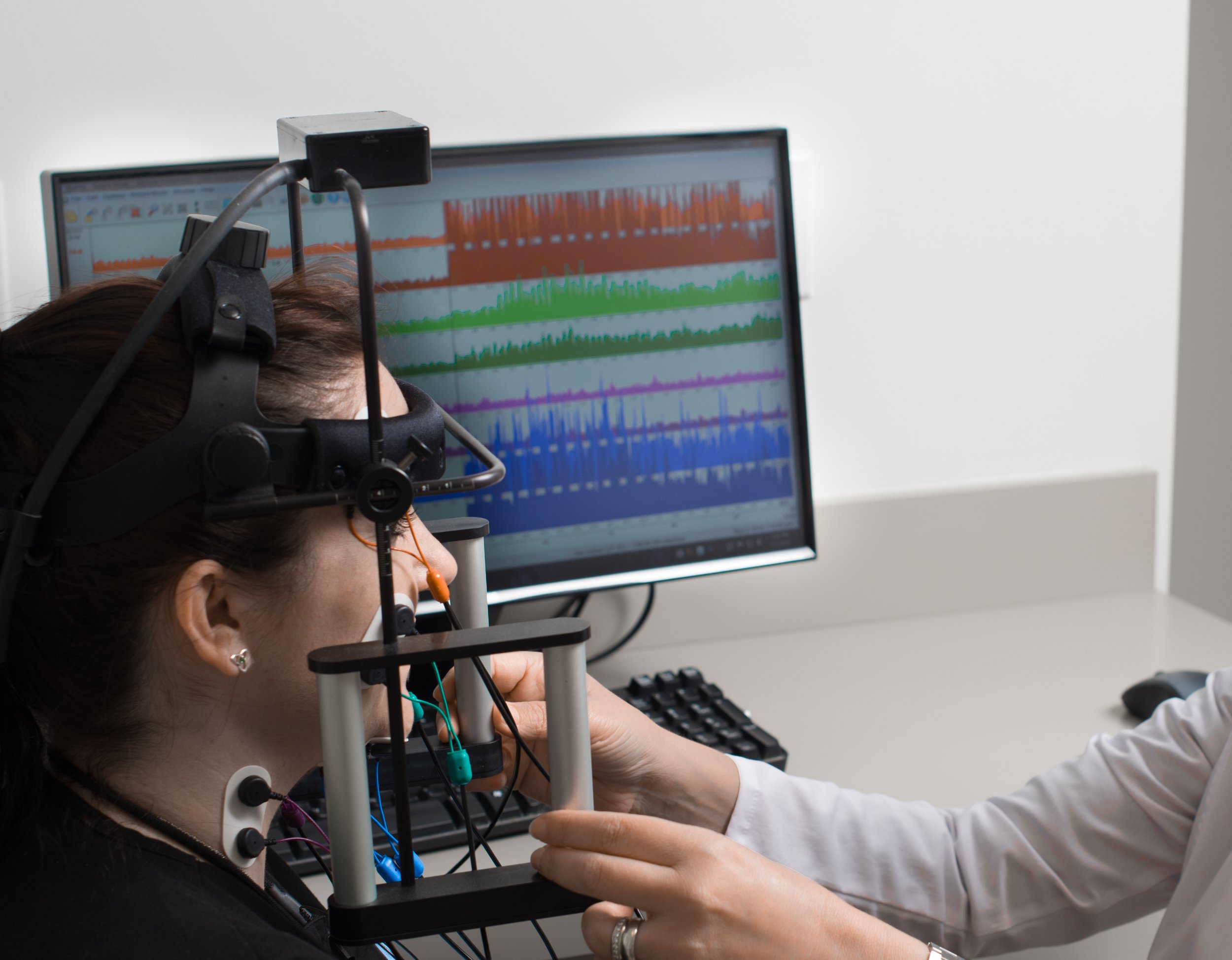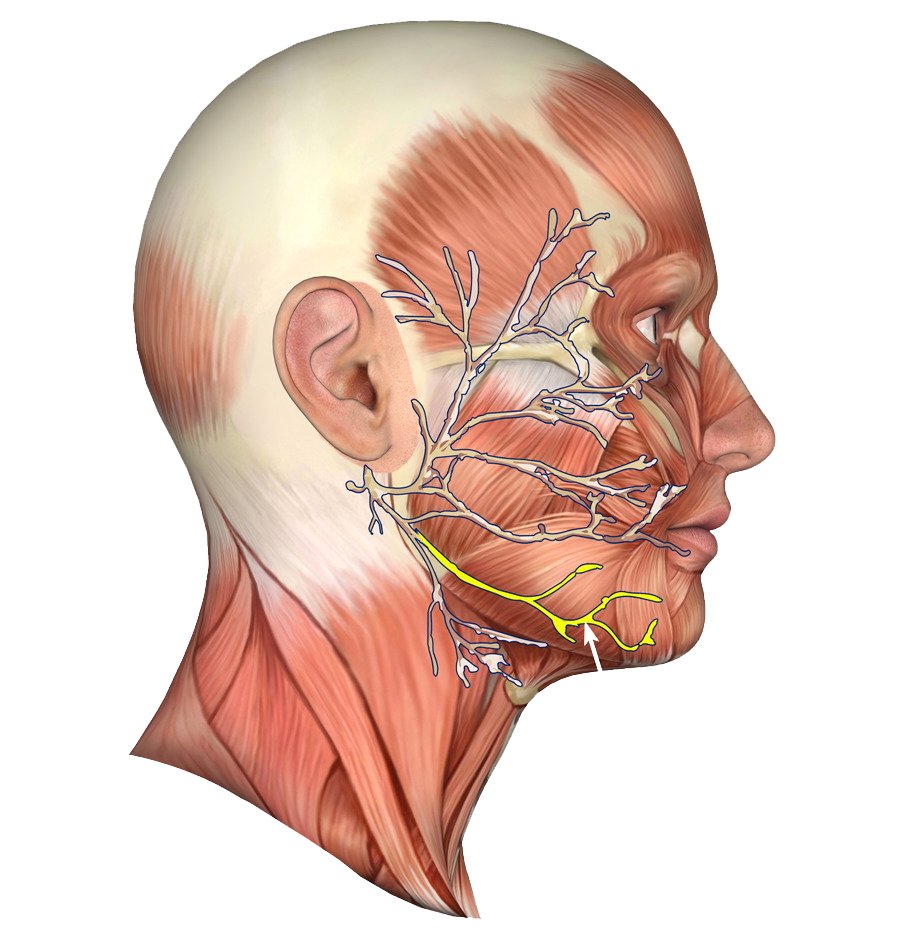
What is Neuromuscular / Physiological Dentistry?
Neuromuscular/Physiological dentistry is a scientifically grounded approach that evaluates the relationship between the teeth, jaw joints, and jaw muscles.
This method focuses on achieving harmony within these components to create a bite that aligns with the optimal physiological position of the lower jaw in relation to the skull. The goal is to determine the most relaxed and natural position for the jaw, enhancing both comfort and function. Using a systematic approach to assess tooth positioning and muscle activity,
Dr. Kaufman carefully considers the body’s interconnected systems and symptoms when evaluating issues related to the jaws and teeth.
Here’s how neuromuscular dentistry guides our holistic, balanced approach to lasting oral health.
At Kaufman Dental Associates, Dr. Marianna Kaufman’s neuromuscular approach to dentistry is especially beneficial for patients dealing with teeth grinding, jaw tension, or an imbalanced bite. By aligning the teeth, jaw joints, and muscles, neuromuscular dentistry helps to relieve pressure that often causes grinding. Through careful analysis, Dr. Kaufman identifies the most natural and relaxed position for the jaw, easing tension and creating a balanced bite that reduces wear on teeth and alleviates discomfort associated with grinding.
This approach is also essential for maintaining balance within the bite, as even one filling or crown that is slightly off can disrupt alignment. When a restoration does not fit precisely, it can create uneven pressure points, leading to jaw strain, increased grinding, and discomfort over time. Dr. Kaufman’s expertise ensures that each filling, crown, or dental restoration is crafted and positioned accurately, preserving harmony within the bite and reducing the likelihood of TMJ-related issues.
Choosing Dr. Kaufman means choosing a dentist who combines extensive neuromuscular training with a focus on long-term balance and overall health. Her comprehensive care approach goes beyond treating symptoms; she restores harmony within the bite, enhancing comfort and functionality. With attention to every detail, Dr. Kaufman helps her patients achieve and maintain a healthy, balanced smile that supports their well-being for years to come.
Physiological Approach to Treating TMJ
Treatment Results






